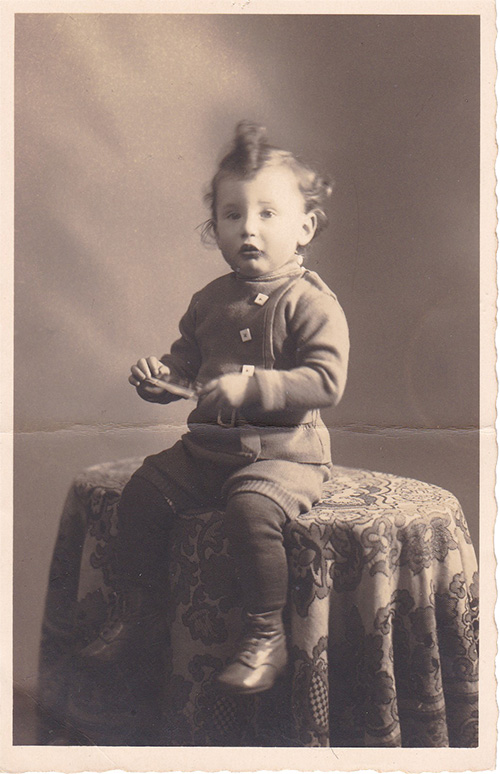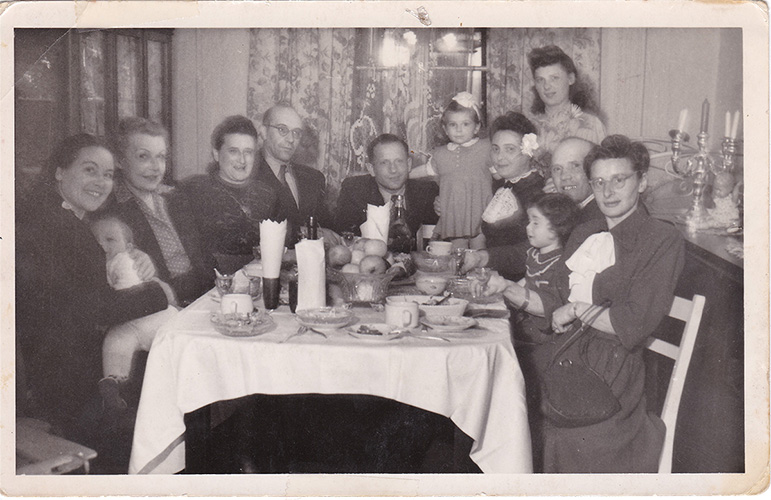
Sleepless Nights
By: Mitzi J. Levin“Four years in the Rybnitsa Ghetto in Russia, and I barely slept. I was always thinking, ‘When will it be my turn; when are they coming to kill me?’” recalls Leonid Shilkrot.
The uncertainty of his life left no blanket of security to comfort young Leonid. Since he had little control over what happened to him each day, he did one thing he could control: he chose not to sleep. To surrender to sleep allowed vulnerability – he must stay alert, he must be ready if they came for him. Fatigue quickly took its toll, but he learned to exist through the numbness of sleep deprivation. That numbness was the coping mechanism he used to handle reality.
Leonid was 11 years old when his family was forced to leave their village of Gershunovka and relocate fifty miles away in the ghetto in Rybnitsa. Nine men in his family, including his father, were taken to the ghetto prison. One day when young Leonid went to visit them, they were gone. He never saw his father again, and all but one of the men were later killed.
“After that, every day was the same, the only thing different was that I got a day older,” he says. “Our prayers and our faith helped us through each of those dark days.”
Leonid, his brother, and his mother struggled to survive.
“My mother was forced to work as a street cleaner. Of course, she received no pay, but occasionally she received a little money for painting the trunks of trees that lined the streets. I can remember begging for food, and our neighbors would help if they had anything to share.”
Twice each week, Romanian police came and took people away. It was not uncommon for people to simply disappear. Others were told they could return to their villages, and then they were shot as they left the ghetto. History also reveals that many people from the Rybnitsa Ghetto were sent to concentration camps where they perished from hard labor and famine.
In March 1944, the Russian army liberated the Rybnitsa Ghetto. Leonid remained in the town with his family until he was required to enter the Russian army in 1950. In 1990, he and his wife came to America.
“We came here to be free,” he says. “There is no country greater than this.”


